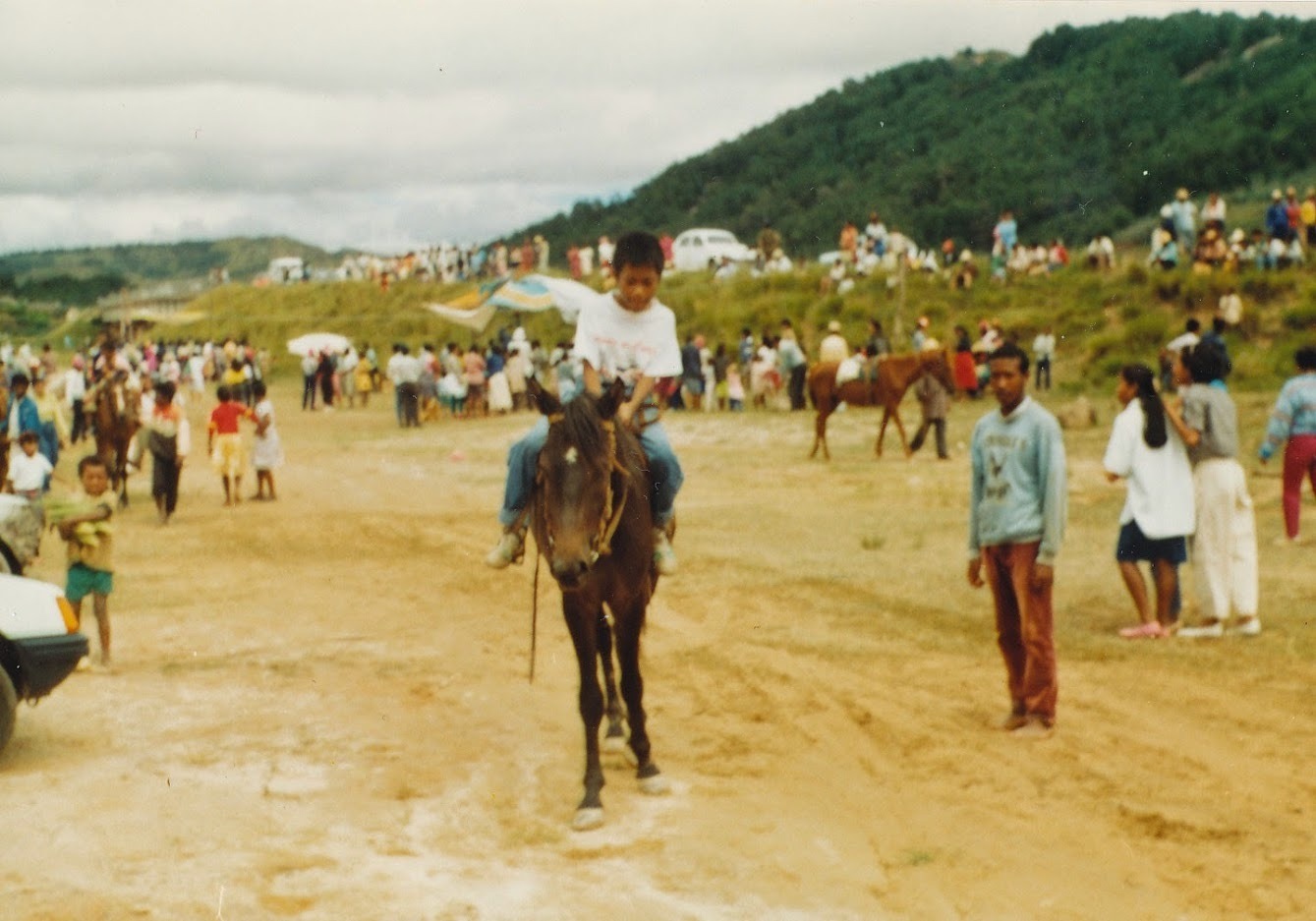Athleticism & Country Wealth
Fri, Aug 9, 2024In a Malagasy primary school, we stood in rows with wooden rifles. Straight, left, right, up, down. Shout. Repeat.
This North Korean-esque drill was physical education, or what passed for it. The real focus for the school was academic results, the kind you could test on paper.
Later, I remember swimming and other activities like running in the street. We did not have any direction so these did not go anywhere.
Another continent later, I was in a western school. It was a shock to see that sports was a “real” class, and even more to see other students with amazing athletic abilities. At least that’s what I thought.
Everyone was like Superman in disguise. They ran forever, jumped higher, and tackled harder.
I didn’t realize my physical lameness was the legacy of my childhood in Madagascar. Poor nutrition, below average sports funding, and no sports role models. Athleticism was as foreign to us as snow.
Why were we so far behind? And why are Madagascar and other african countries lame in Olympic competitions?
The question is interesting, because many gold medalists from Team USA, Great-Britain or France have African origins and fare very well. Other countries like India, while being the most populous country, also have lame performance.
When I look back at my childhood, many struggled to meet basic needs. Buying second-hand clothing and gear was common, and food was poor in quantity and quality.
If you had more resources, then you would pay private school for kids, maybe bigger housing so you wouldn’t have to be 14 in a 2 bedroom appartment. But you would still stuck with issues such as malaria, poor general medical support, poor water and electricity.
High-level athletes follow advanced training plans, nutrition requiring advanced and expensive ingredients, and supported by teams with dozens of years of experience. Tech equipment like watches, sensors and software allows you to track, analyze and improve performance. Scientific studies allows you to try all the latest technics to get marginal improvements necessary to qualify and win sports events.
And in sports like sailing or dressage? Forget talent; the gear alone decides half the battle. No African kid who grew up swimming in a river is winning a gold in rowing.
 Highest level of horse riding possible in Madagascar
Highest level of horse riding possible in Madagascar
Financial support by institutions allow athletes to focus, to prevent them for worrying on their basic needs.
In an African country, someone could do this for a few weeks or even a few months. But an Olympic Champion takes 5, or even 10 years minimum. You have to be completely disconnected from your fellow countrymen. Anytime, you can catch a nasty virus, be robbed at gunpoint because you have a bike that’s 100x the median monthly wage, or drop off because you have to simply provide for your family.
An Olympic medal isn’t just a testament to genetics or grit. It’s a country’s wealth flexing its muscles. The podium reflects decades of consistent investment, privilege, and protection. The medal table, in the end, is just GDP dressed in Lycra.
And maybe, just maybe, the only “Olympic event” many of us can compete in is surviving the chaos long enough to watch the games on a neighbor’s TV.